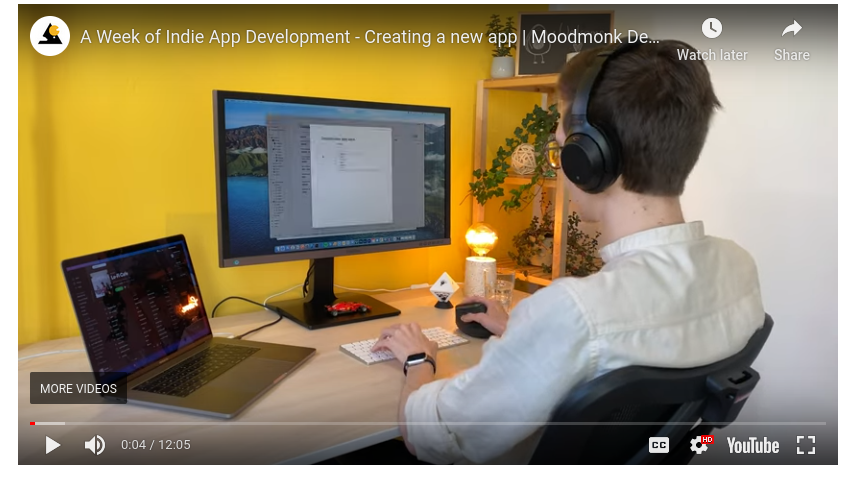Mobile app development is one of the fastest-growing sectors in today’s techno-dominant world. With an increasing number of businesses and services focusing on a mobile-first approach, the demand for skilled app developers is higher than ever. But how does one kickstart a career in this promising field? Let’s decode the path to becoming a mobile app developer.
Step 1: Fuel Your Foundation with the Right Education
A solid foundation in computer science is crucial before diving into the specifics of mobile app development. While not strictly necessary, a degree in Computer Science, Software Engineering, or a related field will equip you with the fundamental knowledge required. It can be an entry point to understanding critical concepts like data structures, algorithms, and programming languages.
Step 2: Specialize in a Preferred Mobile Platform
The two major mobile platforms today are Android and iOS. As an open-source platform, Android provides vast opportunities to explore and innovate. If Android is your pick, learn Java or Kotlin, the programming languages used for Android development.
On the other hand, iOS is known for its robust, secure, and streamlined platform. For that, you must familiarize yourself with the Swift programming language, which is used predominantly for building iOS apps.
Step 3: Learn and Master the Tools of the Trade
The right tools and technologies can make the app development process smoother and faster. You must learn to work with Integrated Development Environments (IDEs) like Android Studio for Android apps and XCode for iOS apps. These offer features like code completion, debugging, and testing tools that aid in app development.
Step 4: Understand Essential Mobile App Development Concepts
There are several critical concepts in mobile app development that you should be familiar with. A practical understanding of good UI/UX design principles is essential. After all, creating an appealing, intuitive, and user-friendly interface is what keeps your app users coming back for more.
Aside from that, understanding how to work with different platforms, databases, and APIs is critical. Knowledge of how to integrate third-party services into your app widens its functionality and overall usage.
Step 5: Build Your Portfolio
Hands-on experience is indispensable in the mobile app development arena. Develop a few sample apps and showcase them in a public repository. This will serve as your portfolio and illustrate your skills and passion to potential employers. Consider internships or apprenticeships. Working on real-world projects is the fastest and most effective way to learn.
Becoming a mobile app developer is a mix of the right education, learning the necessary tools and platforms, and getting hands-on experience. Remember that continuous learning is the key – technology evolves rapidly, and as an app developer, so should you. With dedication and the right approach, you’ll be on your way to creating the next groundbreaking app.
